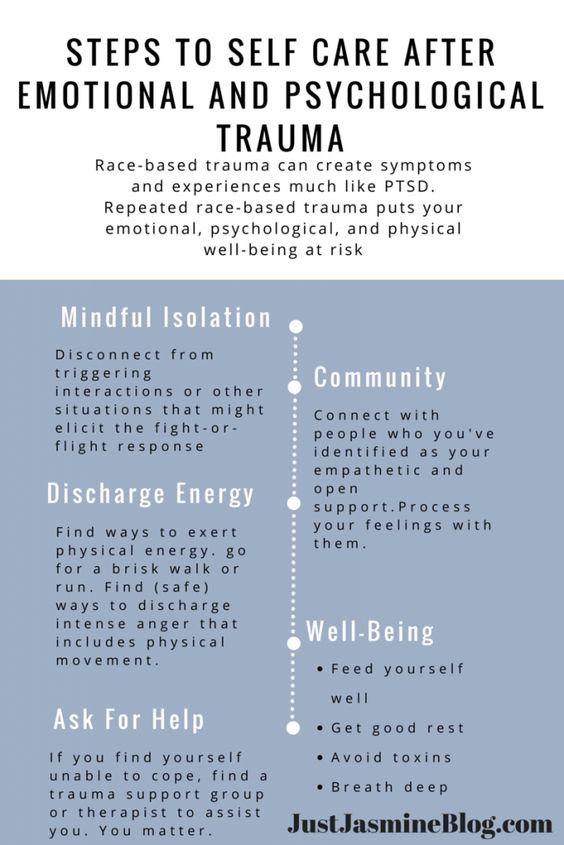I’ve been narcissistically abused. Now what?
If you are currently in an abusive relationship of any kind, know that you are not alone even if you feel like you are. There are millions of survivors all over the world who have experienced what you have. This form of psychological torment is not exclusive to any gender, culture, social class or religion.
The first step is becoming aware of the reality of your situation and validating it – even if your abuser attempts to gaslight you into believing otherwise. If you can, journal about the experiences you have been going through to begin acknowledging the realities of the abuse.
Share the truth with a trusted mental health professional, domestic violence advocates, family members, friends or fellow survivors.
Begin to ‘heal’ your body through modalities like trauma-focused yoga and mindfulness meditation, two practices that target the same parts of the brain often affected by trauma (van der Kolk, 2015).
Reach out for help if you are experiencing any of these symptoms, especially suicidal ideation. Consult a trauma-informed counselor who understands and can help guide you through the symptoms of trauma. Make a safety plan if you have concerns about your abuser getting violent.
It is not easy to leave an abusive relationship due to the intense trauma bonds that can develop, the effects of trauma and the pervasive sense of helplessness and hopelessness that can form as a result of the abuse.
Yet you have to know that it is in fact possible to leave and to begin the journey to No Contact or Low/Controled Contact in the cases of co-parenting.
Recovery from this form of abuse is challenging, but it is well worth paving the path back to freedom and putting the pieces back together.
